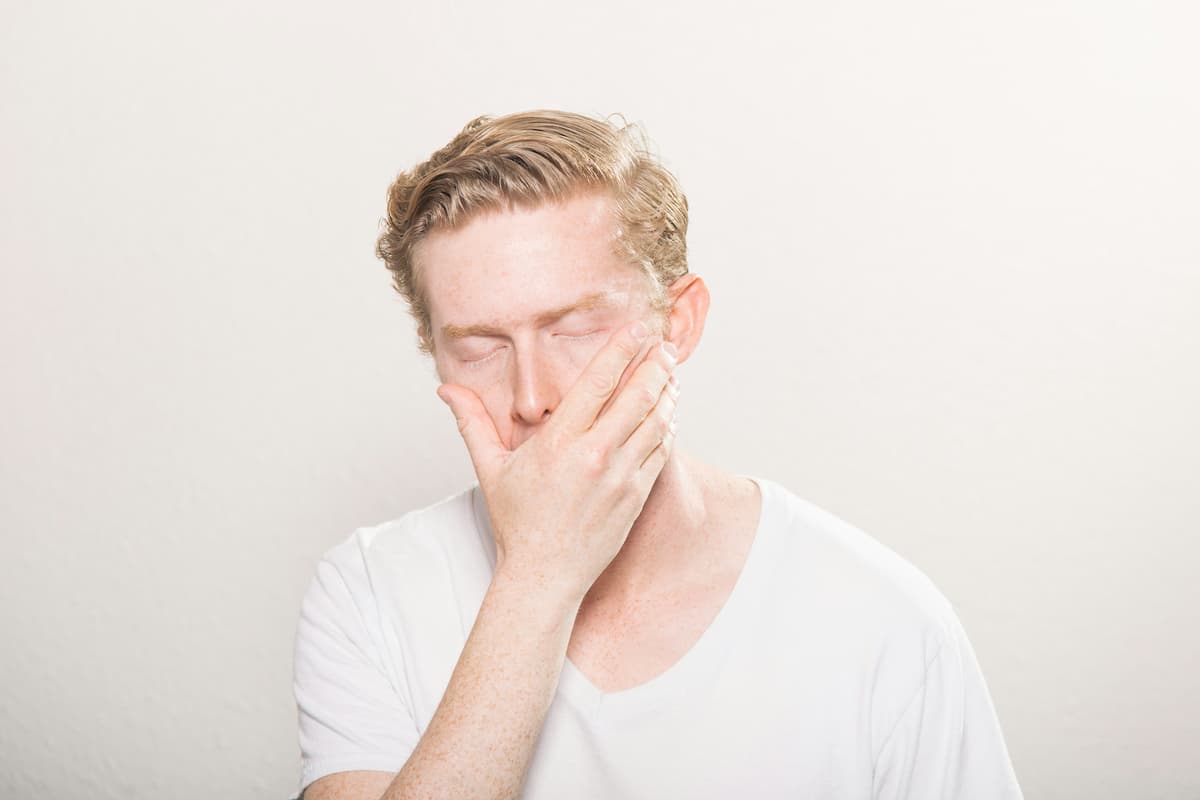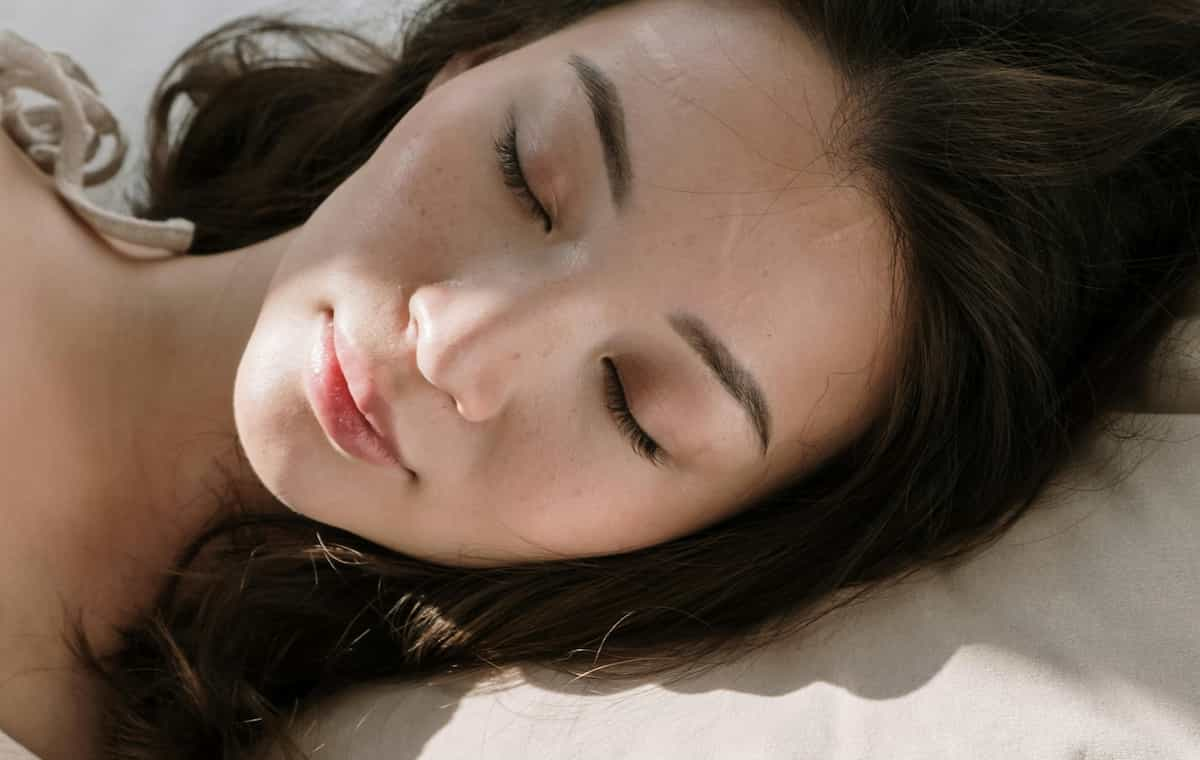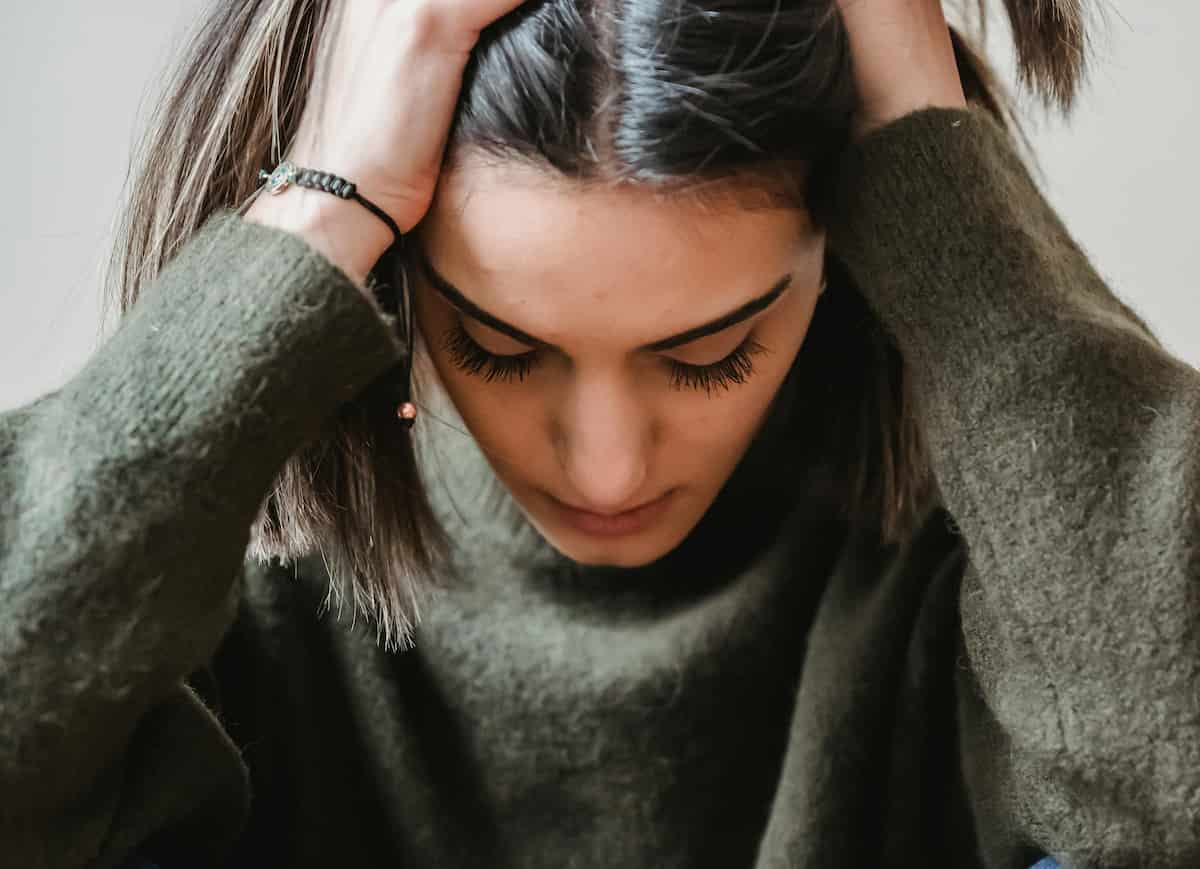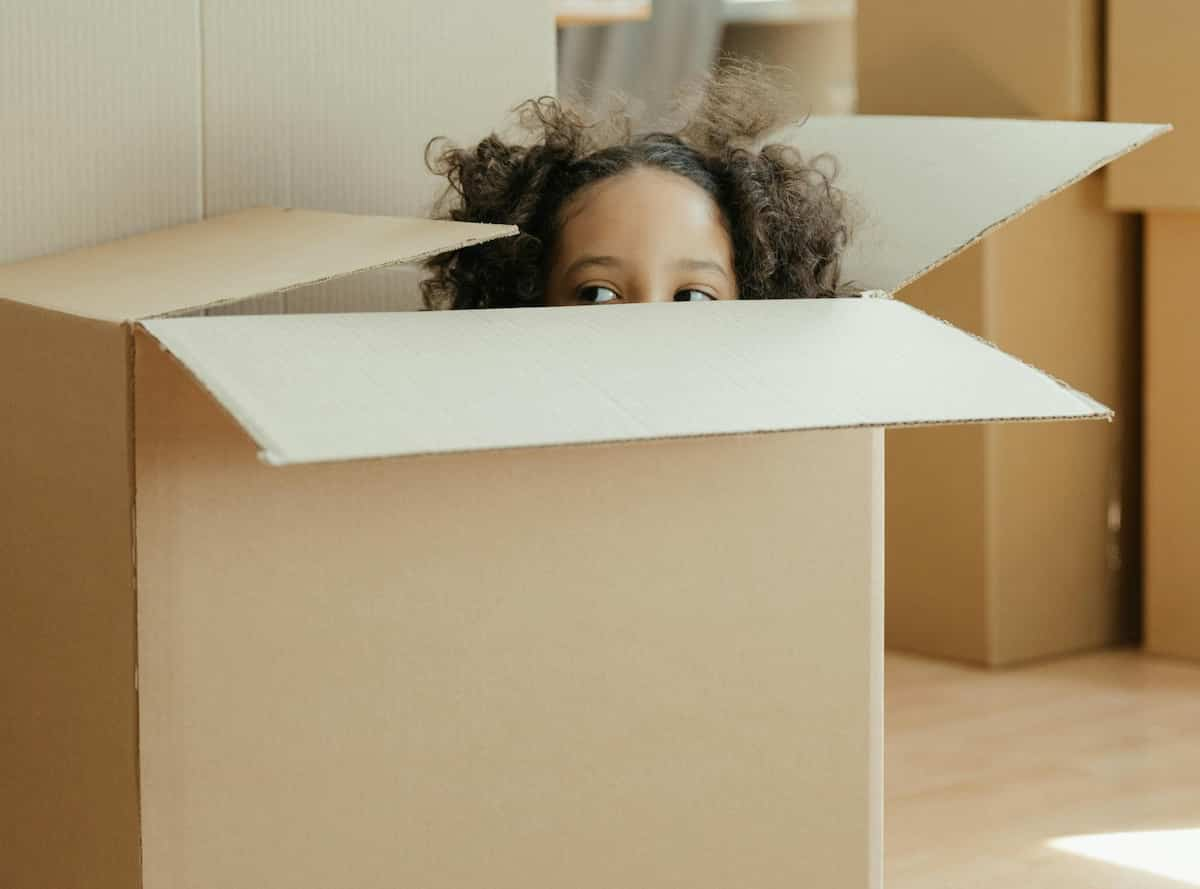Social anxiety can feel overwhelming, but with the right tools and strategies, it is manageable.
This article explores quick relief techniques, long-term coping strategies, and professional interventions.
You’ll learn actionable tips to calm your nerves during social interactions, understand the roots of social anxiety, and discover lifestyle changes that support emotional well-being.
Quick-relief techniques for social anxiety
When social anxiety strikes, having immediate strategies can make a significant difference.
Deep breathing is a simple yet effective way to calm the body.
Try the 4-7-8 breathing technique: inhale for four seconds, hold for seven, and exhale for eight.
This slows your heart rate and helps reduce physical symptoms of anxiety.
Grounding exercises, like the 5-4-3-2-1 technique, shift your focus away from anxious thoughts by anchoring you to the present moment.
Identify five things you can see, four you can feel, three you can hear, two you can smell, and one you can taste.
These exercises are particularly helpful before or during nerve-wracking social events.
Practising visualisation can also prepare you for upcoming situations.
Picture yourself feeling confident and at ease, engaging positively with others.
This mental rehearsal can boost your confidence.
Understanding social anxiety
Social anxiety stems from a fear of judgement or rejection, which can be linked to genetics, upbringing, or past experiences.
It often involves negative self-talk, where one assumes they will embarrass themselves or be criticised.
Understanding the causes of social anxiety helps in addressing it effectively.
Social anxiety affects the body, mind, and emotions.
Common symptoms include a racing heart, sweating, and avoiding eye contact.
These reactions stem from the body’s fight-or-flight response, which perceives social situations as threats.
Recognising these symptoms can help you understand that they are normal but manageable.
Long-term strategies for overcoming social anxiety
Managing social anxiety involves building a toolkit of habits and skills that gradually reduce its impact.
Start small and build confidence
Taking small steps is crucial in overcoming social anxiety.
Begin with low-pressure situations, like making brief eye contact with strangers or smiling at a colleague.
As your confidence grows, you can tackle more challenging scenarios, like attending a gathering or speaking in front of a group.
Celebrating each success, no matter how small, reinforces positive progress.
Challenge negative thoughts
Negative thinking patterns often fuel social anxiety.
Cognitive behavioural therapy (CBT) is a widely recommended approach that helps challenge and reframe these thoughts.
For example, if you think, “I’ll embarrass myself,” consider the evidence for and against this belief.
Replace it with a more balanced thought, like, “It’s okay to make mistakes; people are often understanding.”
Practising this regularly can weaken the grip of anxiety over time.
Develop social skills
Improving social skills can make interactions feel less daunting.
Role-playing with a trusted friend or therapist is a safe way to practise conversations and prepare for real-life situations.
Joining a social skills class or support group can also provide opportunities to connect with others who understand your experience.
Lifestyle changes to reduce social anxiety
Small adjustments in your daily routine can support long-term management of social anxiety.
Prioritise physical health
A healthy lifestyle lays the foundation for emotional well-being.
Exercise releases endorphins, which reduce anxiety and boost mood.
Aim for at least 30 minutes of physical activity most days of the week.
Getting enough sleep is equally important, as poor sleep can exacerbate anxiety.
Establish a consistent bedtime routine to promote restorative rest.
Diet plays a role too.
Avoid excessive caffeine and sugar, as they can increase feelings of jitteriness and anxiety.
Instead, focus on a balanced diet rich in whole grains, fruits, and vegetables.
Practise mindfulness
Mindfulness involves staying present and observing thoughts without judgement.
It can help you accept anxious feelings rather than fearing them.
Mindful meditation, yoga, or simply spending time in nature are effective ways to cultivate this practice.
Regular mindfulness exercises can train your brain to remain calm in social settings.
Professional support for social anxiety
When social anxiety significantly impacts daily life, seeking professional help can provide additional support.
Therapy options
Cognitive behavioural therapy is a proven method for addressing social anxiety.
It helps identify unhelpful thought patterns and teaches strategies for managing them.
Exposure therapy, a subset of CBT, gradually introduces you to anxiety-inducing situations in a controlled manner, reducing fear over time.
Emerging therapies, such as virtual reality exposure therapy, provide safe spaces to practise social interactions.
This approach can simulate real-life scenarios, offering a unique and effective way to build confidence.
Medication
In some cases, medication may be prescribed to manage symptoms.
Selective serotonin reuptake inhibitors (SSRIs) and beta-blockers are common options.
These should always be discussed with a healthcare provider to determine the best course of action for your individual needs.
Tracking progress in overcoming social anxiety
Monitoring your journey helps you stay motivated and aware of improvements.
Keep a journal to track situations that triggered anxiety and note how you managed them.
Over time, you’ll likely see patterns of growth and areas needing further focus.
Reflecting on your progress reminds you of your resilience and reinforces positive habits.
Social anxiety in specific settings
Social anxiety manifests differently depending on the context.
Managing workplace anxiety
Work environments often require public speaking or collaboration, which can be challenging.
Prepare for meetings by rehearsing key points and practising relaxation techniques.
Gradually take on small leadership roles to build confidence.
Navigating anxiety in dating
Dating involves vulnerability, which can heighten social anxiety.
Start with low-pressure dates, such as casual coffee meetings.
Focus on getting to know the person rather than striving for perfection.
Remember, authenticity fosters genuine connections.
Conclusion
Social anxiety may feel like a formidable challenge, but it is one that you can overcome.
By combining immediate techniques, long-term strategies, lifestyle changes, and professional support, you can take control and build confidence in social situations.
With patience and persistence, progress is not only possible—it is inevitable.











